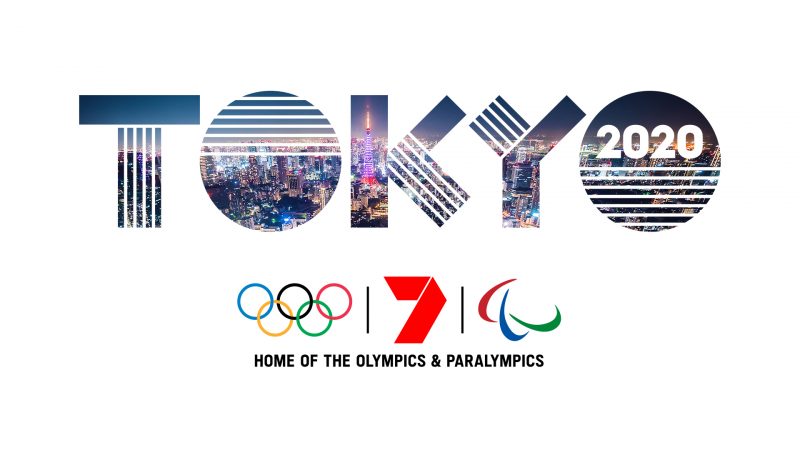To win at Tokyo 2020, sports need to look beyond the medal tally and at their comms strategies
Comms teams working on the 2020 Olympics need to worry less about creating news and satisfying existing fans, and more about capitalising on the unique opportunity to secure new, long-term audiences and revenue, argues Lee Robson.
In just five short months, the 2020 Olympics will get underway in Tokyo. While the mainstream news agenda will have its eyes on the medal haul of Australia’s Olympic hopefuls, success or failure at the Games will run far deeper for the sports themselves, where the consequences of under-performance, and failure to keep the pipeline of future fans and supporters stacked, could be felt long after the closing ceremony confetti has been cleaned up.
Right now, Olympic sport communications departments and social media teams are busy working on their Tokyo content plans, internal resource allocation and on-the-ground logistics mapping. A large part of that thinking will be spent figuring out how to make sure that if and when their medal contenders step onto the podium, the whole world will get to hear about it through a flurry of posts and press releases.

These comms strategies revolve around a legitimate compulsion to service a sense of community and belonging that permeates sport. But the Olympics is unlike every other major sporting event in the calendar. Rather than only watching a favourite sport, viewers abandon preconceived affinities in favour of whatever is being played or broadcast. In other words, most people drawn to the Games this July will be interested in the Olympics first and its composite sports second.


I think the bigger story here has been missed by Mumbrella. That is, what if the Tokyo Olympics are cancelled because of COVID-19. What is the effect on Network Seven (schedule and financials) and how does this disrupt the entire media buy landscape across ATL?